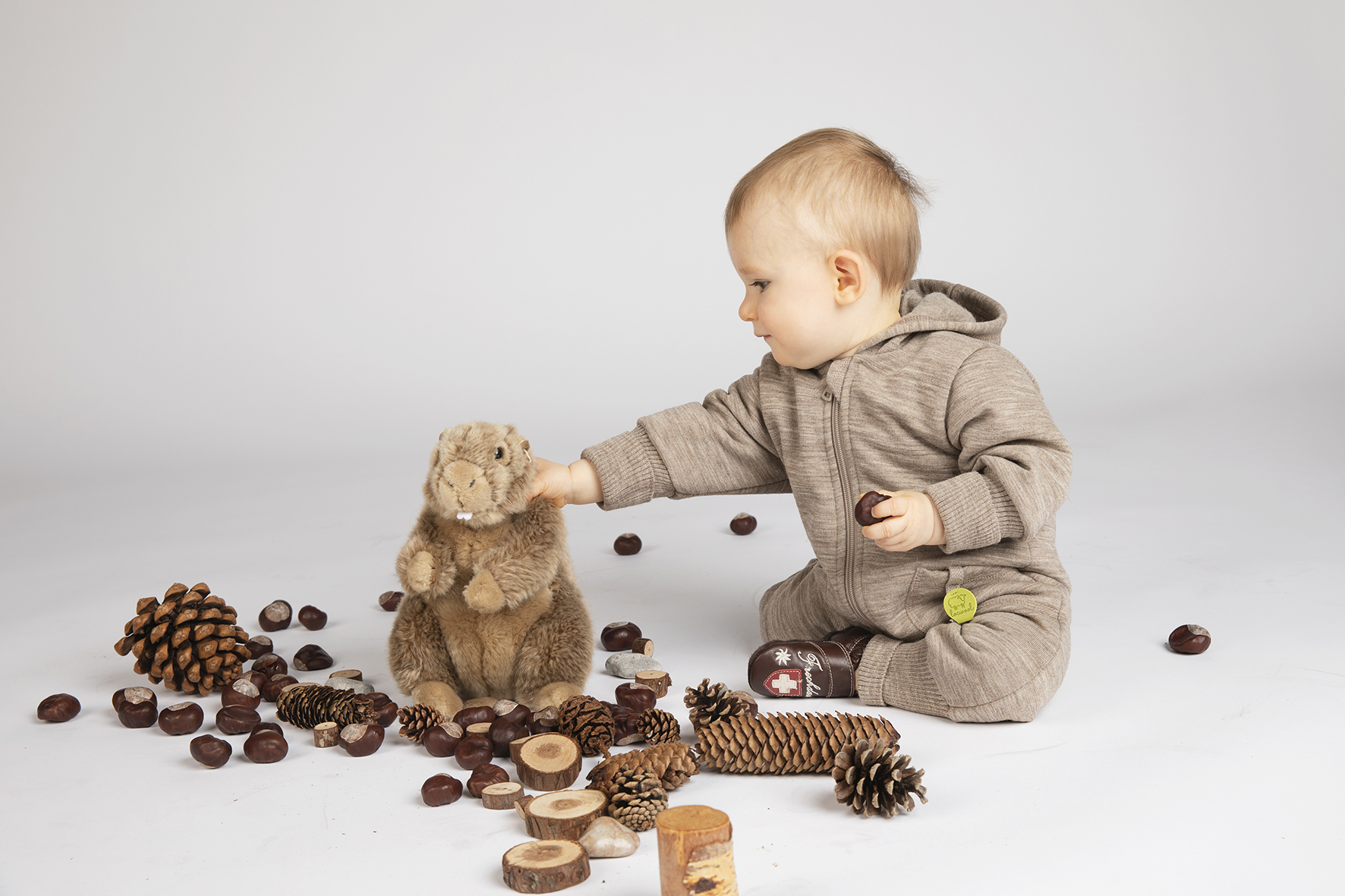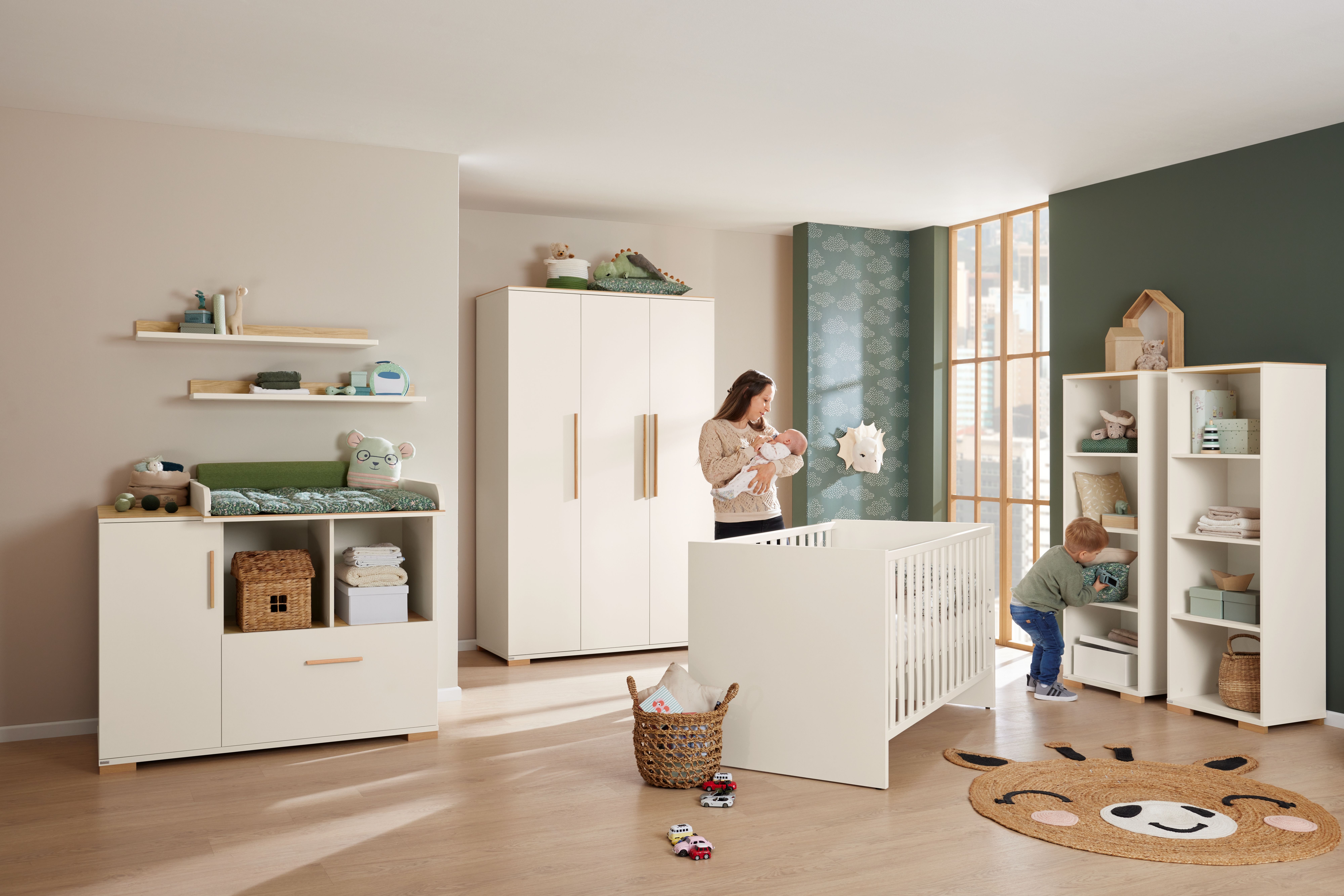3 questions for Eva Timme

Eva Timme has been around 30 years physiotherapist and also writes player reviews for the Upper Hessian press. We wanted to know what makes her work so exciting and how she uses games in her therapies.
Ms. Timme, what makes your work as a physiotherapist so exciting, especially with children?
Working with children is new every day — creative ideas are always needed to encourage children to do exercises that are good for them — preferably so that they feel it as a game. If I want a child to train their balance, I use a balancing section or a therapy gyroscope, for example. Many repetitions are important so that movement patterns creep in or for as long as possible on the therapy gyro so that the balance system can adapt to the situation.
If I told the child “Please balance back and forth 20 times” or “Please stay on the therapy board for 10 minutes,” the motivation would probably disappear quickly — especially with younger children. Instead, I mostly use games: For example, I distribute a memory and place half of the pairs on one side of the course. I shuffle the other half and let the child reveal a card each round and gradually pick up the matching cards from the other side. So it usually doesn't even notice that it is “balancing back and forth 20x.” To stand on a therapy gyro for a long time, I use logic games (including from SmartGames). This allows the child to think about the solution on the top.
I want to support children and parents in optimal development. Yet it is the individual solutions that make my work so exciting. Every child comes to me with different needs and at their own pace. The range is varied. Whether premature babies, motor or neurological disorders or orthopedic challenges, it is always important to focus on the child's needs and strengths and to support them in their development through everyday exercises.
Parents are always involved because they continue therapy at home. Experiencing the joy of children and parents about the progress is always enriching. I accompany many families for a very long time, sometimes throughout their childhood — it is simply great to see these children learn and grow. I can only do this if I establish a relationship with the child, pick them up on their interests right from the start and get involved in a game.
Among other things, you include games such as SmartGames in therapy — from which points of view are they used?
I use board and logic games in a very diverse way. Sometimes just as a “lap counter”, as described above, to motivate a child to repeat. The game I choose is of course adapted to the child's age and cognitive abilities.
I also like to include SmartGames so that strength exercises last longer. This is how I practice shoulder and support with them by having the children lie on a Pezzi ball and support themselves on the ground at the front. The task card of a logic game is on the ground in front of them. The more difficult the task, the longer the child is likely to support. Of course, I make sure that the child is challenged but not overwhelmed.
Especially with older children, for example with scoliosis, it is necessary to repeat rather boring but efficient exercises regularly. I like to use logic games in which certain parts have to be selected and set up for a task first. When playing”Swing the hooves“When a task is selected and the child “learns” the required obstacles:
- 10 push-ups — it can get rid of the red obstacle
- Build a bridge 10 times — it can overcome the green obstacle
It continues like this until it has collected all obstacles for the task. It can then solve the task itself while standing on the therapy gyro or in the quadruped position, for example.
At the same time, you also write game reviews for the Oberhessian press — what are your personal favorite games?
It's hard for me to answer this question. There are so many interesting and, above all, different games that I can barely decide on “the one favorite game”. But what I can say is that I particularly like playing cooperative games. I currently play frequently”Aeons End“and”Journey to Middle-earth”. I also like communicative association games. Here are my favorites right now:”So Kleever“,”Letter Jam“and”Just one”. The strategy game I've played the most recently is”Arche Nova”. At the children's games I have just”Mysterium Kids“I love discovering and playing a game with my nephews and nieces. Exit games and logic games are on the table for other occasions and from time to time, a puzzle should not be missing. Since there are so many new products on the market every year, current preferences change again and again. One game that has been with me time and time again for many years is “Robo Rally”. I'm always involved in a game.
our services shine a spotlight on your brand
You have a cool story but don't know how to tell it, or who to tell it to? Or you have a product but no story?
Book your personal meeting with blattert² now!



KOPIE.jpg)

KOPIE.jpg)

KOPIE.jpg)